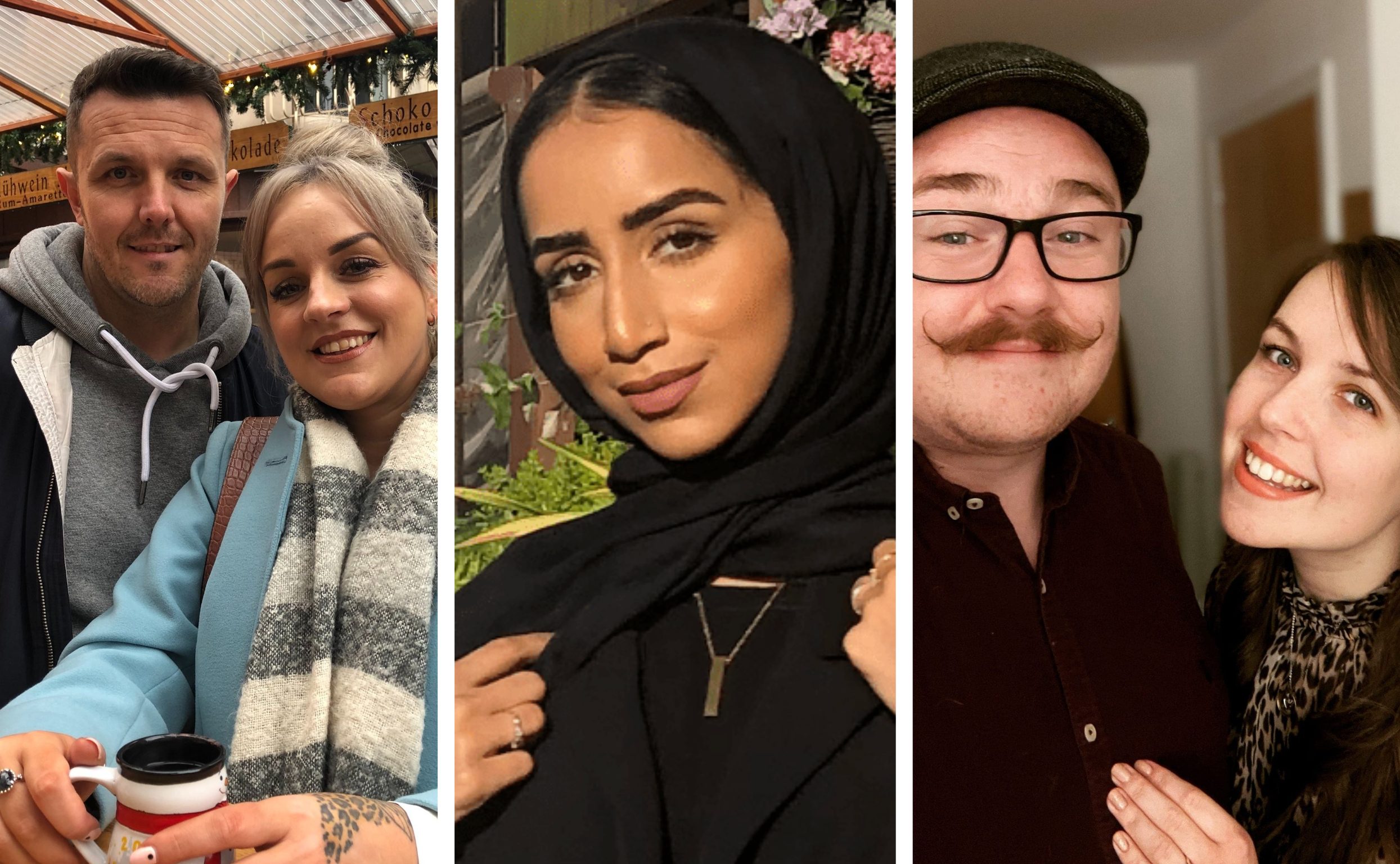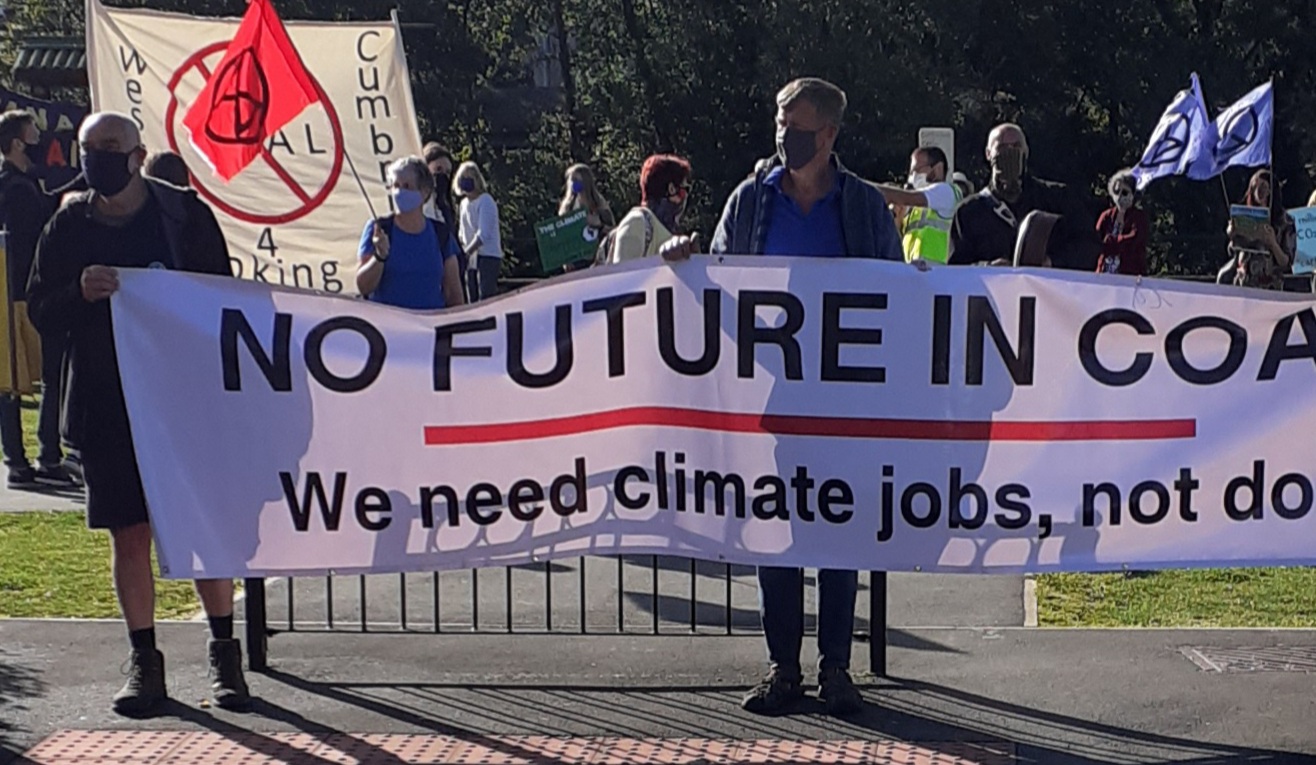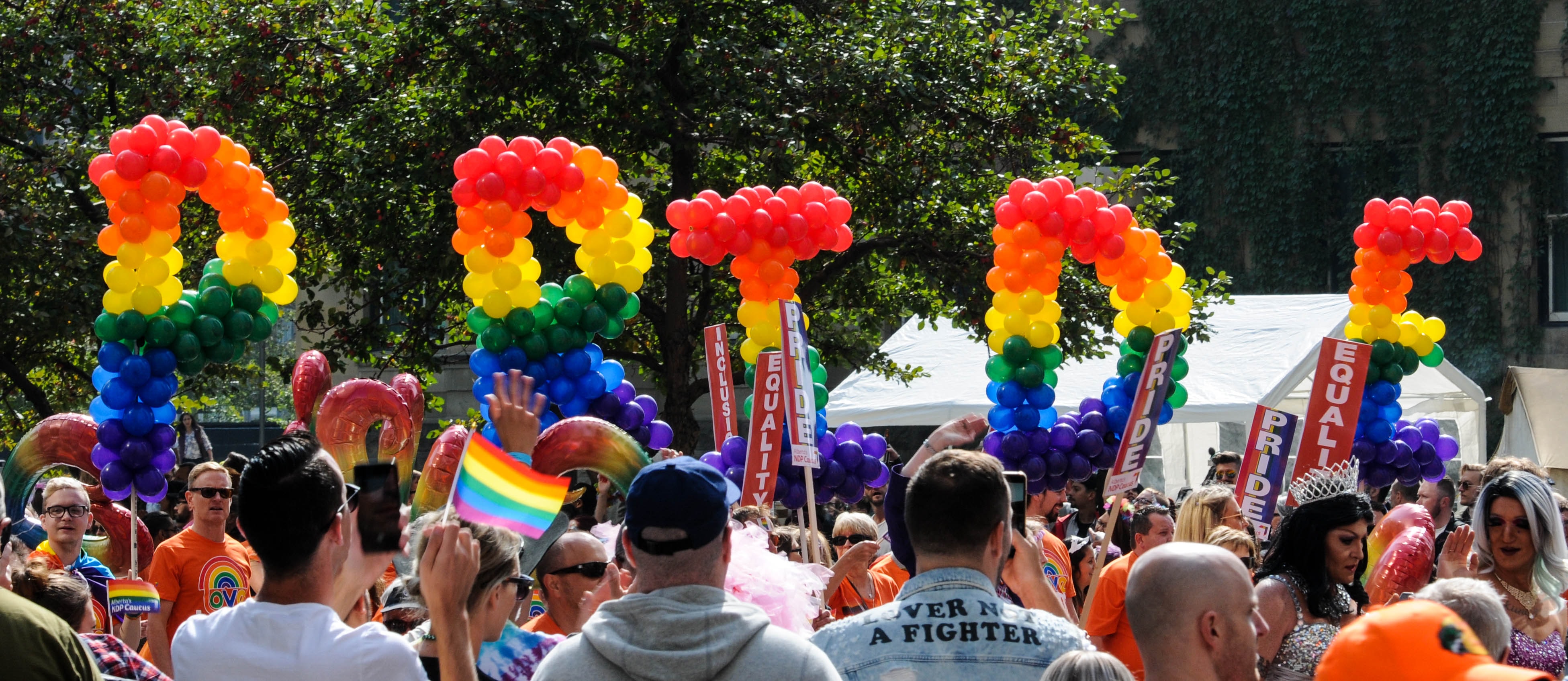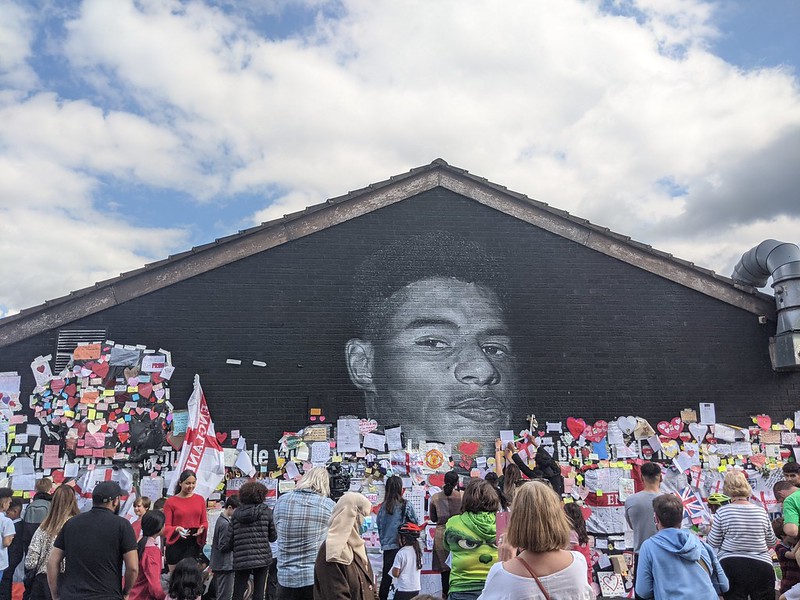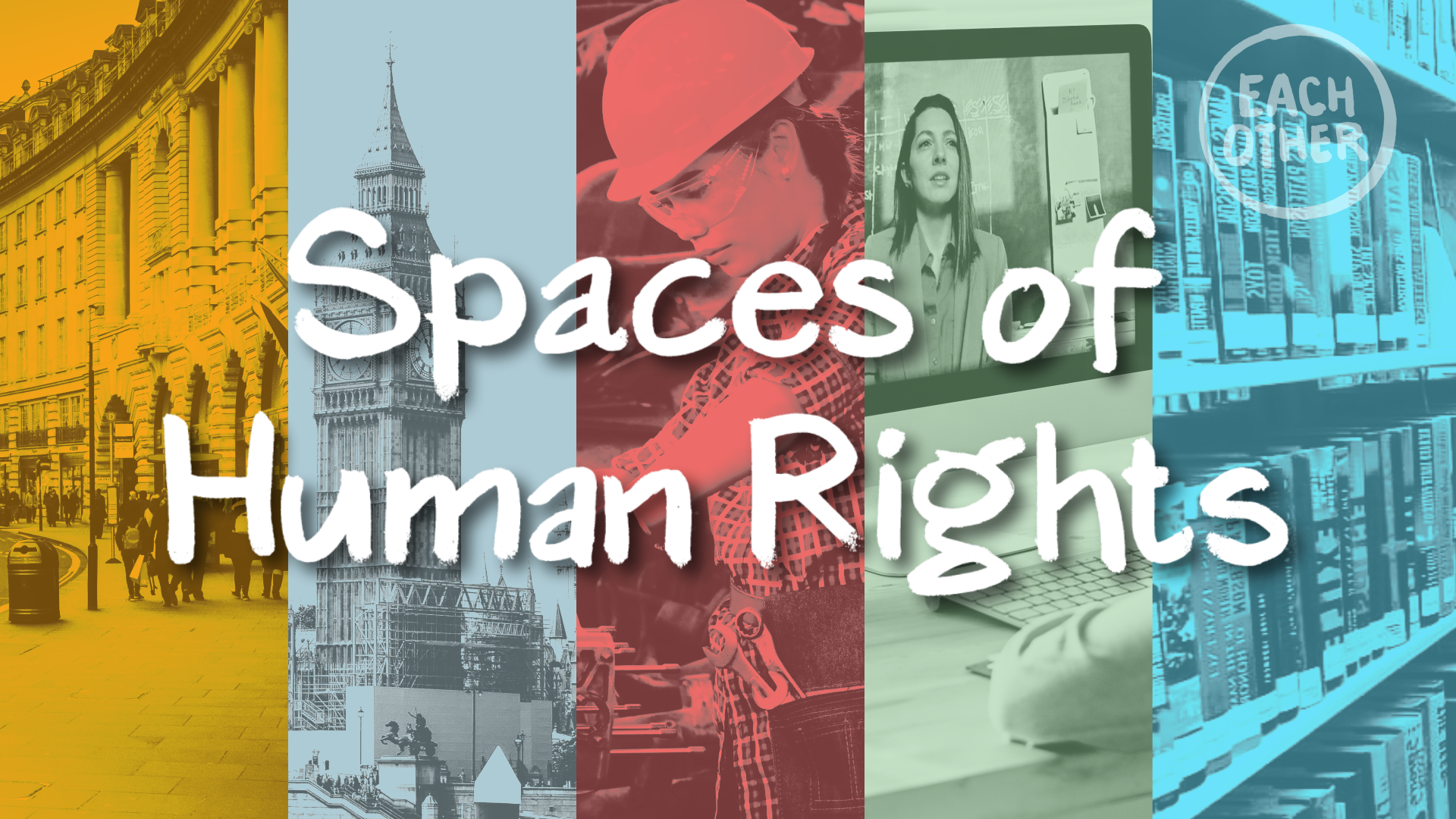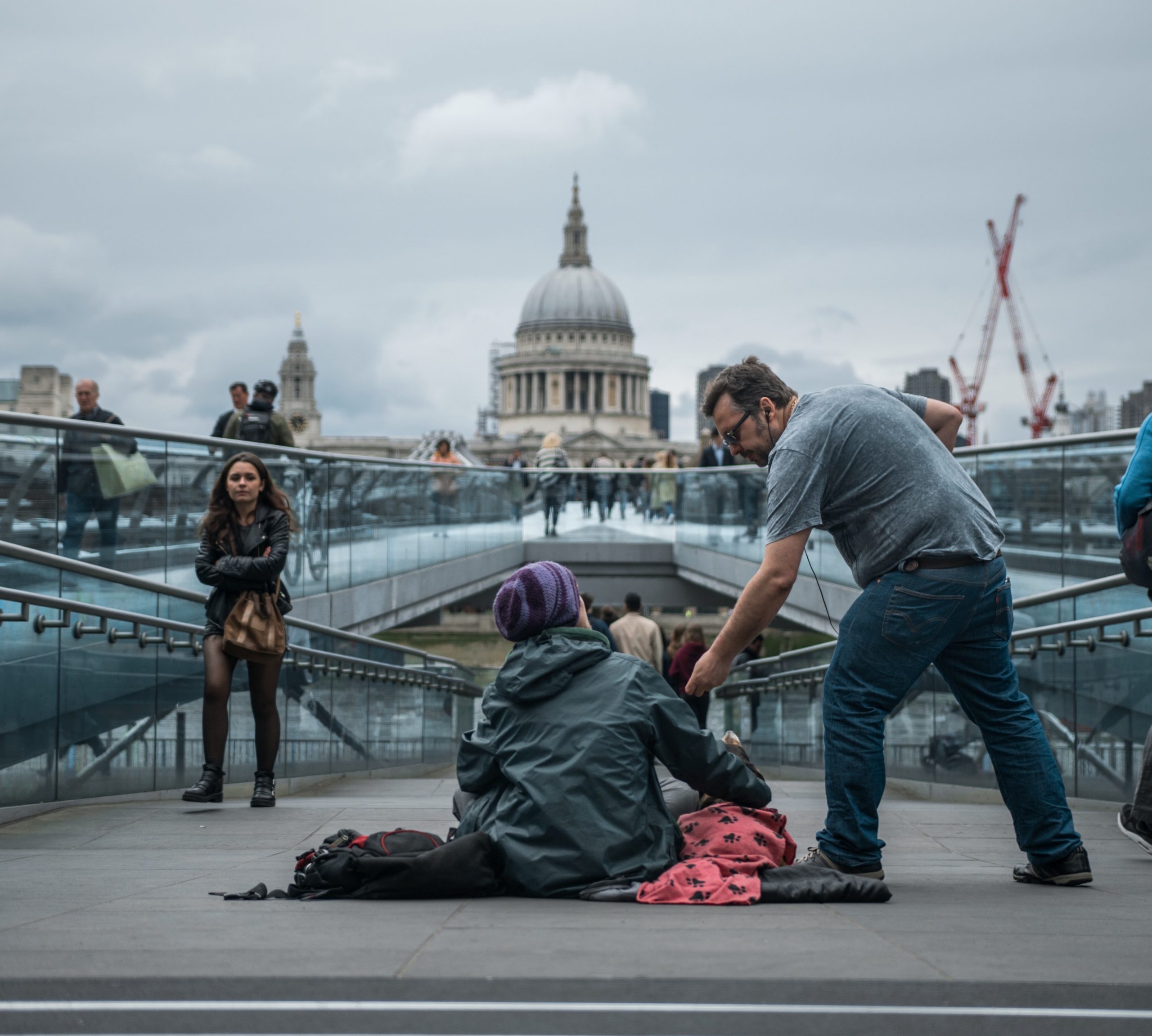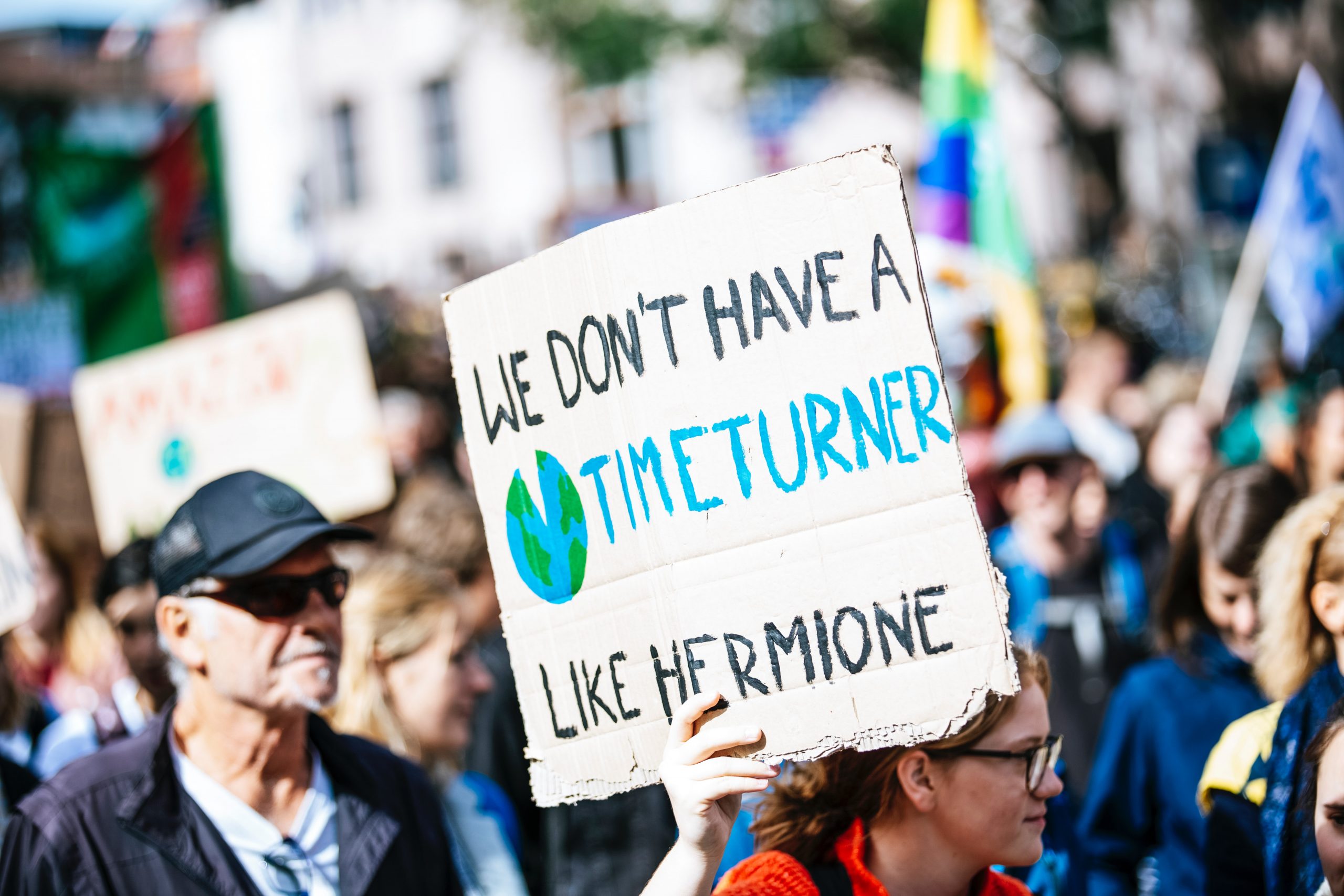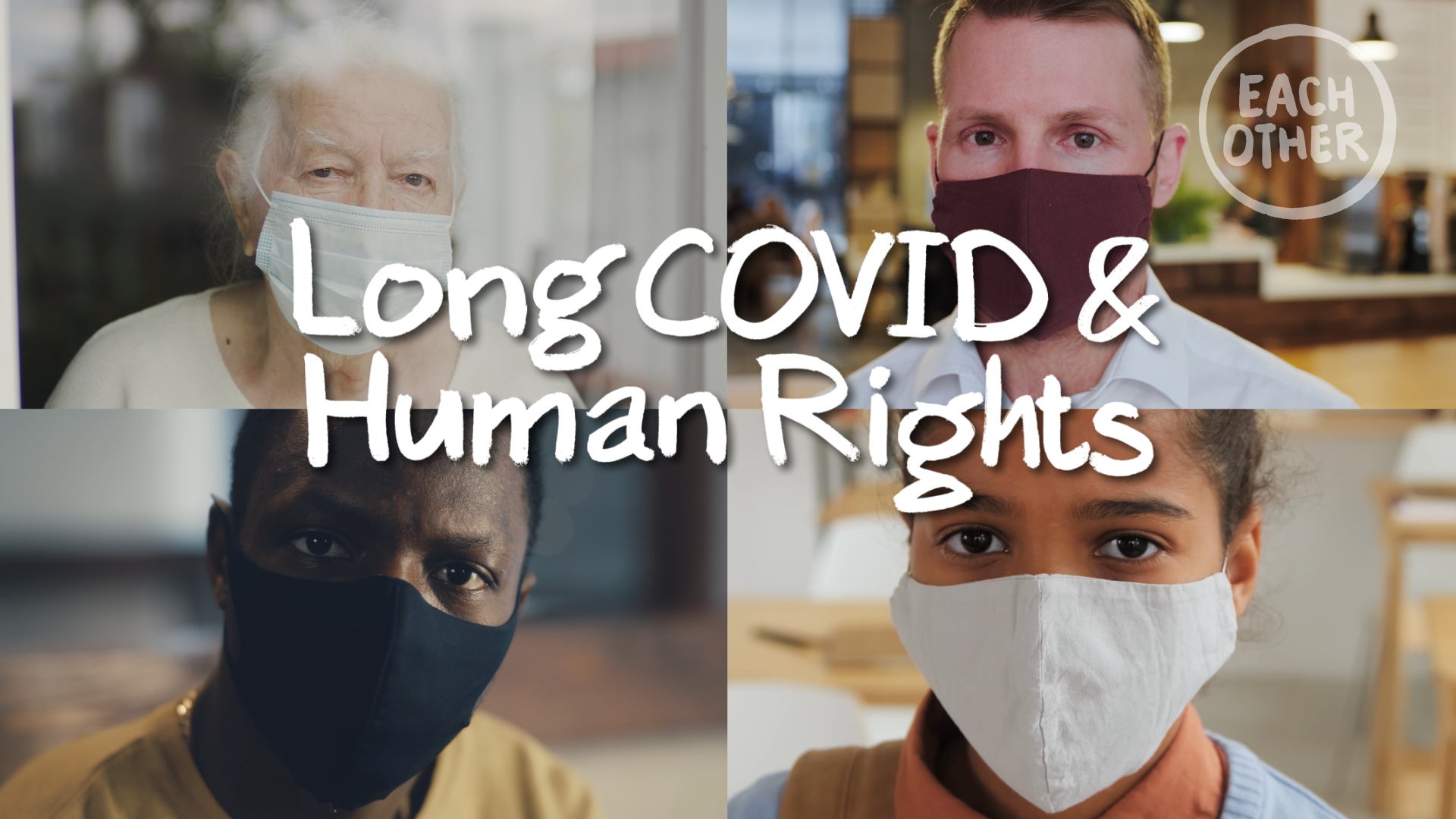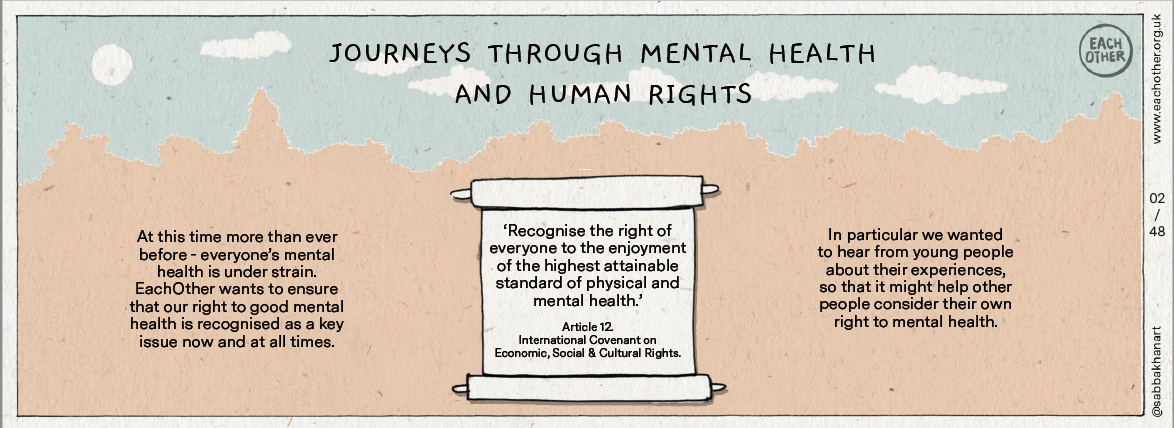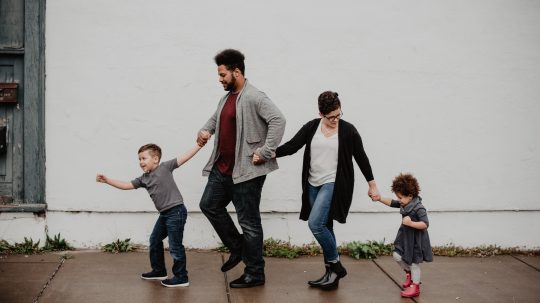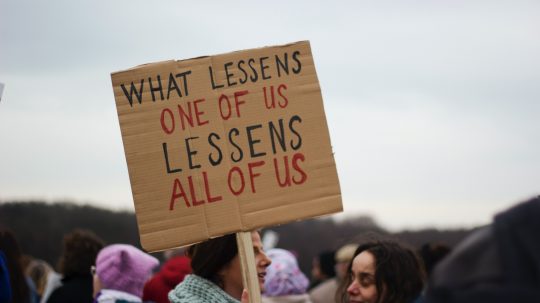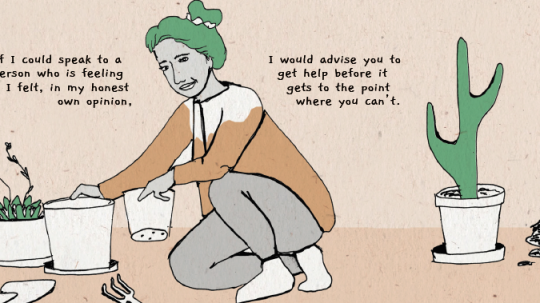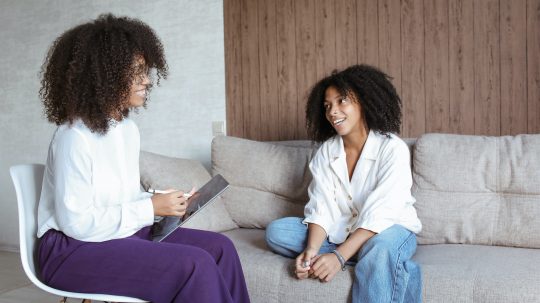January
Kicking off the year, we shared news of the Leonard Cheshire charity’s campaign ‘Possibility With Disability’, with an opinion piece written by Dr Stephen Duckworth OBE. We dived into why it’s crucial to understand the social model of disability, which places the responsibility for disability on the institutional barriers society creates and imposes.
At the end of the previous year, two men had been convicted of manslaughter after 39 Vietnamese migrants were found dead in a lorry trailer in Essex. In a post written by Mariko Hayashi, a researcher on migration and human rights, we were reminded that dangerous people smuggling will continue until there are safer and more legal routes to access the UK as an immigrant or refugee.
Next up, we covered a former British Army legal officer’s criticism of the Overseas Operations Bill, which the government said would provide “greater legal protections to Armed forces personnel and veterans serving on military operations overseas” by “raising the threshold for the prosecution of alleged offences”.

Credit: Defence Images / Flickr
Alongside our documentary film on the impact of school exclusions – Excluded – guest writer Erin Campbell, a member of the Scottish Youth Parliament, proclaimed that being excluded is a direct violation of children’s right to education.
Next, we published a feature exploring the impact of period poverty. Brought to wider public attention following a report from charity Freedom For Girls in March 2017, the issue affects many people’s day-to-day lives.
Covering the impact racism from teachers has on children and young people, guest writer Alice Bettis March attested that prejudice and discrimination in the classroom need urgent attention. Another guest writer, Misha Nayak-Oliver, campaigns and advocacy lead for Just Fair, wrote about the human rights benefits of the Covid-19 vaccine.
Wrapping up the month, Jem Collins represented the experience of self-employed mothers who had been left behind by government support during the pandemic. Lastly, Aziz Foundation Journalism intern Zeena Elhassan covered the unequal impact of climate change on marginalised communities.


